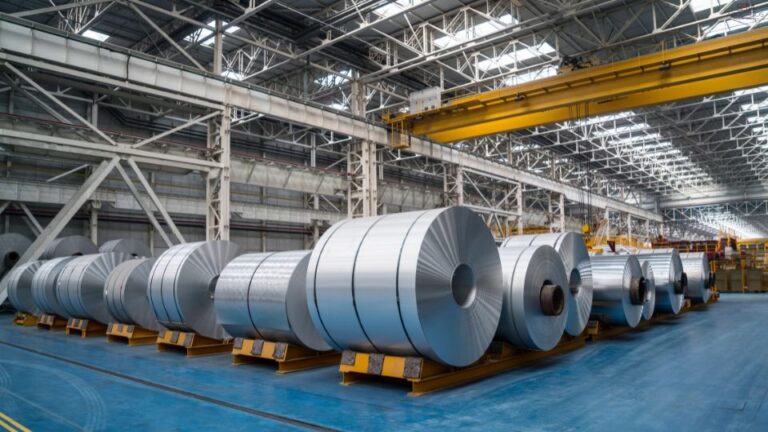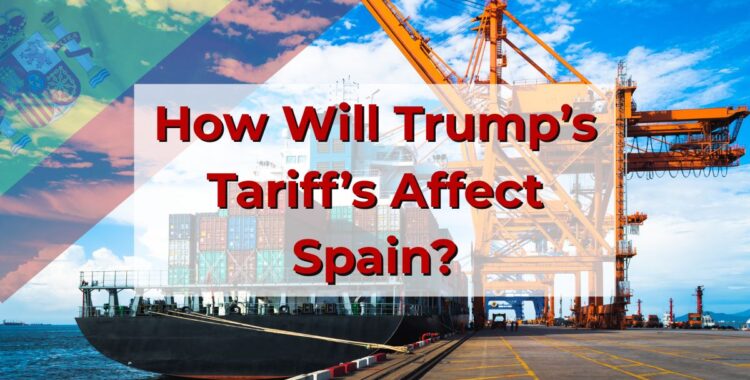How Will Trump’s Tariff’s Affect Spain?
Assessing the Impact of President Trump's Tariffs on Spain
In recent developments, President Donald Trump has announced a series of tariffs targeting various imports, including automobiles, steel, aluminum, and specific products like wine and oil. These measures have raised concerns globally, prompting an analysis of their potential impact on Spain’s economy.
Automobile Industry
The U.S. administration’s decision to impose a 25% tariff on imported vehicles, effective April 3, 2025, primarily aims to bolster domestic manufacturing. For Spain, the immediate impact appears limited. Major automobile manufacturers, such as Renault, have expressed calm, noting that they do not export vehicles to the U.S. from their Spanish plants. Additionally, the Spanish Association of Automobile and Truck Manufacturers (ANFAC) reported no car exports to the U.S. in 2024 and does not anticipate any for 2025. However, the National Association of Automotive Component Manufacturers (SERNAUTO) warns of potential indirect effects, as Spain supplies components to various countries, including the U.S.

Steel and Aluminum Exports
The U.S. has also implemented a 25% tariff on steel and aluminum products. In 2024, Spain exported approximately 264,809 tonnes of steel to the U.S., valued at $412.2 million. The Spanish Chamber of Commerce estimates that these tariffs could lead to a 10.4% decline in the total value of these exports. While this represents a notable decrease, the overall impact on Spain’s economy is expected to be limited due to the relatively low exposure compared to other Eurozone countries.

Wine Industry
A significant concern arises from President Trump’s threat to impose a 200% tariff on European wines, including those from Spain. This measure could severely affect Spanish wine producers, as the U.S. is a major export market. Industry representatives have expressed alarm, indicating that such tariffs would be disastrous, potentially halting exports to the U.S. and causing substantial economic repercussions.

The U.S. administration’s plan to levy a 25% tariff on countries purchasing oil from Venezuela could indirectly affect Spain. Historically, Spain has imported around 4% of its oil from Venezuela. While this percentage is relatively small, the tariffs could increase costs for Spanish companies that continue these imports. However, experts believe that consumers are unlikely to feel significant repercussions, and the overall impact on Spain’s economy would be marginal.

Broader Economic Implications
While certain sectors may experience specific challenges, the overall direct impact of these tariffs on Spain’s economy is anticipated to be limited. This is attributed to Spain’s relatively lower trade exposure to the U.S. compared to other European nations. Nonetheless, it’s crucial to monitor indirect effects, such as potential disruptions in global supply chains and shifts in trade dynamics, which could have unforeseen consequences.
Conclusion
President Trump’s recent tariffs present a mixed picture for Spain. While some industries, like wine production, face significant challenges, others, such as automobile manufacturing, may remain largely unaffected in the short term. Continuous assessment and strategic adjustments will be essential for Spanish businesses to navigate this evolving trade landscape effectively.











